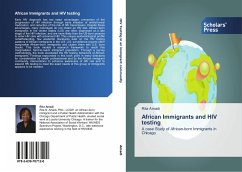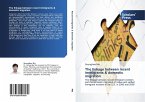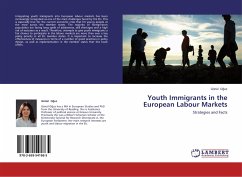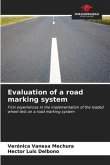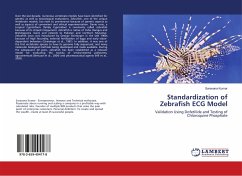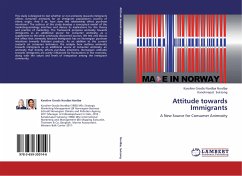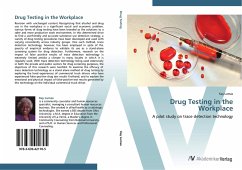Early HIV diagnosis has two major advantages: prevention of the progression of HIV infection through early initiation of antiretroviral medication; and reduction of the risk of HIV transmission. Despite these advantages, many individuals do not obtain an HIV test. African-born immigrants in the United States (U.S) are often diagnosed at a late stage of the HIV infection, and are more likely than the US-born persons to enter HIV care with advanced HIV. This unique epidemiological profile notwithstanding, few academic literatures exist on the HIV testing patterns of African immigrants in the U.S. U.S. surveillance reports often marginalize African-born immigrants and cluster them with U.S. born blacks. This book models a research framework to reach this marginalized, hard-to-reach immigrant population. Through a survey methodology, the book elucidated the HIV testing behaviors of African immigrants. Findings expounded in this book point in many directions for consideration by health professionals and by the African immigrant community. Interventions to enhance awareness of HIV risk and to expand HIV testing to meet the exact needs of this group of immigrants appears to be needed.

